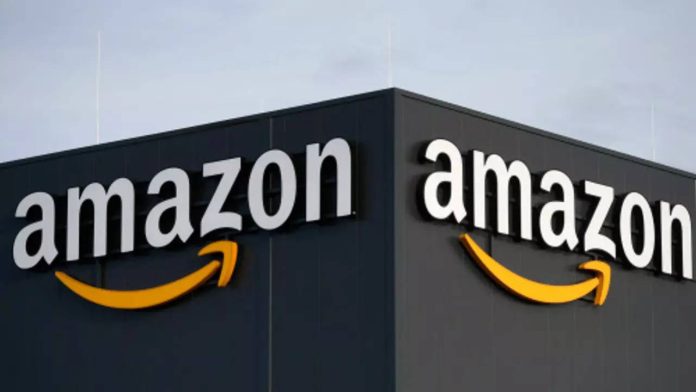Amazon is extending its healthcare capabilities by acquiring tech-powered primary care provider One Medical.
Amazon will pay $18 per share for One Medical in an all-cash transaction worth about $3.9 billion, including One Medical’s net debt. The deal is subject to standard closing conditions, including approval by One Medical’s shareholders and regulatory approval. As part of the agreement, Amir Dan Rubin will continue as CEO of One Medical.
“We believe that health care is high on the list of experiences that require innovation,” said Neil Lindsay, senior vice president of Amazon Health Services, in a news statement. “We see lots of opportunities to both improve the quality of the experience and give people back valuable time in their days.” “Booking an appointment, waiting weeks or even months to be seen, taking time off work, driving to a clinic, finding a parking spot, waiting in the waiting room then the exam room for what is too often a rushed few minutes with a doctor, then making another trip to a pharmacy — we see lots of opportunity to both improve the quality of the experience and give people back valuable time in their days.
One Medical provides in-person, digital, and virtual treatment.
“The chance to reinvent health care and enhance outcomes by merging One Medical’s human-centered and technology-powered strategy and excellent team with Amazon’s customer focus, history of creativity, and commitment to invest long-term is incredibly exciting,” Rubin stated in a news statement. “There is a tremendous possibility to make health care more accessible, inexpensive, and even fun for patients, providers, and payers.”
The One Medical purchase might improve Amazon’s position in the healthcare area and eat into Walmart’s market share. According to the PYMNTS research “Amazon Versus Walmart Q1 2022,” Amazon continues to dominate the 60-year-old retail staple, with 8.8 percent of consumer retail expenditure and 3.4 percent of overall consumer spending in the first quarter of 2022. Walmart took 8.2 percent, while Target took 2.8 percent.
Amazon’s relatively new pharmacy service, which began in 2020, offers a variety of over-the-counter personal care products in addition to general commodities in this area. It has yet to overcome Walmart, though. It has been stuck with a market share of roughly 4% for over two years.












